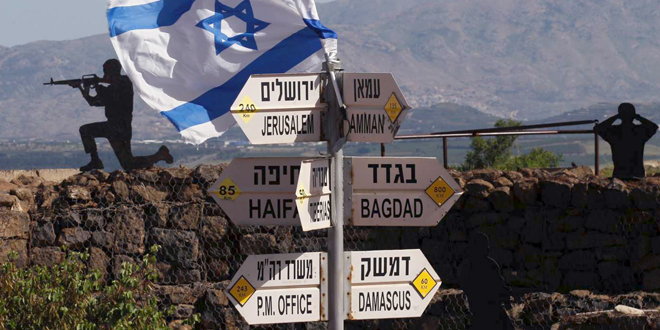
Jamshid Chalangi:
In tonight’s edition of Behind the Headlines we will discuss the following topics with our guests Dr. Alireza Nourizadeh and Sadeq Zibakalam
Read More »

Jamshid Chalangi:
In tonight’s edition of Behind the Headlines we will discuss the following topics with our guests Dr. Alireza Nourizadeh and Sadeq Zibakalam
Read More »
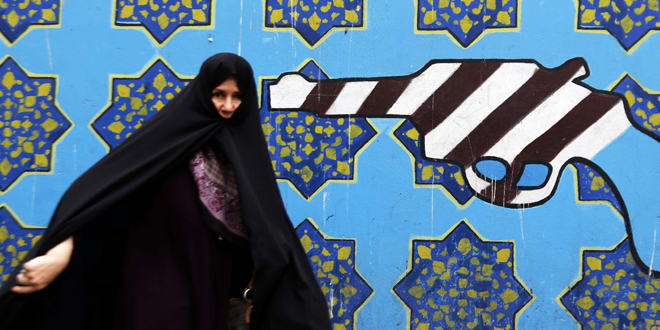
In tonight’s edition of Behind the Headlines we will review the latest exclusive news from the land of the ayatollahs, including:
Read More »
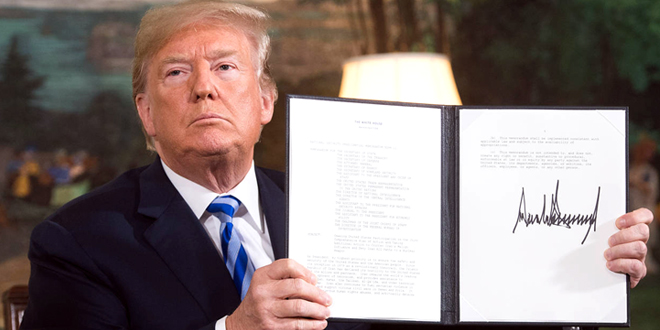
We begin tonight’s edition of A Window to the Fatherland with Dr. Alireza Nourizadeh reading one of his poems from the book of his collected works.
Read More »
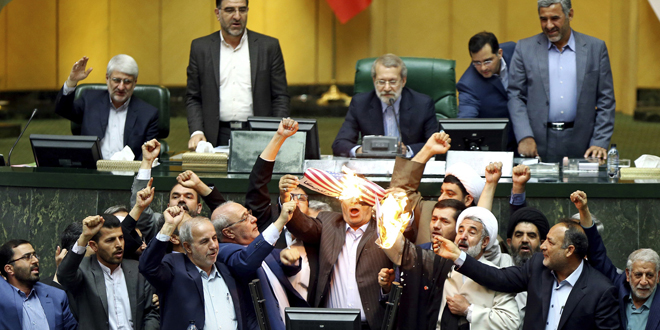
We begin tonight’s edition of A Window to the Fatherland with Dr. Alireza Nourizadeh reading one of his poems from the book of his collected works.
Read More »
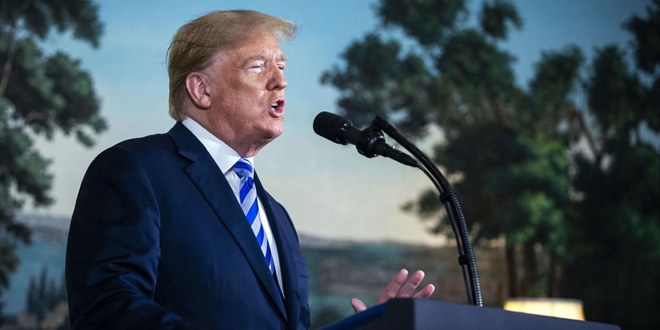
Jamshid Chalangi:
Tonight’s program will be dominated by the discussions about President Trump’s decision to pull the US out of the Iran nuclear deal.
Read More »
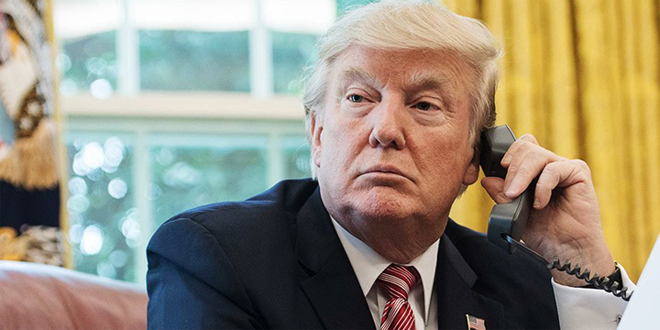
We begin tonight’s edition of A Window to the Fatherland with Dr. Alireza Nourizadeh reading one of his poems from the book of his collected works.
Read More »
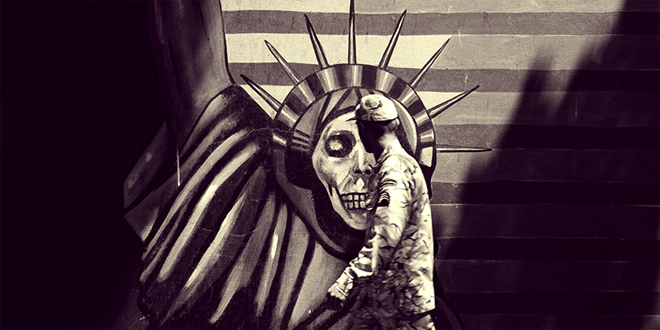
Jamshid Chalangi:
In this edition of Behind the Headlines, only hours before the announcement of President Trump’s decision on whether US will remain in the Iran nuclear deal, we will ask our guest Dr. Reza Taghizadeh what he thinks about the future of this deal, as well as updating our audience on the latest news of Iran’s currency market.
Read More »
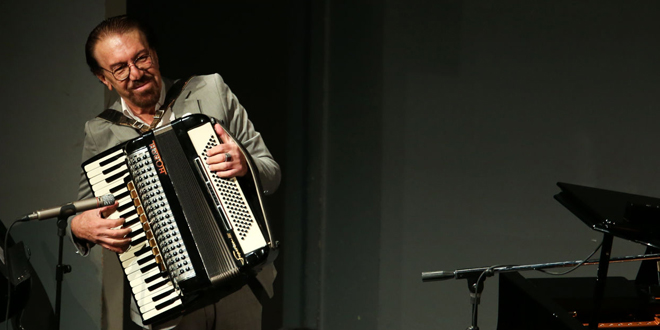
We begin tonight’s edition of A Window to the Fatherland with Dr. Alireza Nourizadeh reading one of his poems from the book of his collected works.
Read More »

When the mummified body of Reza Shah popped up by accident it carried a message but not one that a lot of people in Tehran, or the U.S. and Britain, will want to hear.
By: CLIVE IRVING 05.04.18
It was a highly inconvenient time for the corpse to appear.
Inconvenient in Iran because the name reminded people of another time, long ago, when there was a promise of greater personal freedom that, in the end, was never delivered. Read More »
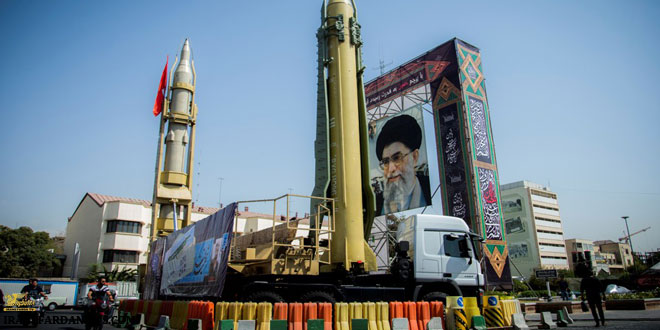
It is less an arms-control agreement than cover for American inaction.
By: REUEL MARC GERECHT 4 MAY 2018
It was surely Barack Obama’s profound aversion to the use of American military power that so enfeebled his nuclear diplomacy and made his atomic accord with Iran the worst arms-control agreement since the Washington Naval Treaty of 1922. I do not know whether a more forceful president and secretary of state—say a Democratic version of Ronald Reagan and George Schultz—could have gotten a “good deal” with Tehran; it just boggles the mind to believe that a better deal wasn’t possible. A stronger president and secretary of state certainly would have been willing to walk away. Neither captured by Iranian demands nor the mirage of “moderate” mullahs and engagement, more astute, less fearful men would have been more patient, and more willing to let sanctions bite deeper into the economy and political culture of the Islamic Republic. Read More »